Premier League turns 25: 10 most influential foreigners
With the help of some of football's greatest players, wealthiest investors, and smartest minds, the Premier League became the sport's No. 1 destination. But many of those contributors came from beyond Great Britain's shores. Here are 10 foreigners who helped shape the Premier League we know today:
10. Gianfranco Zola
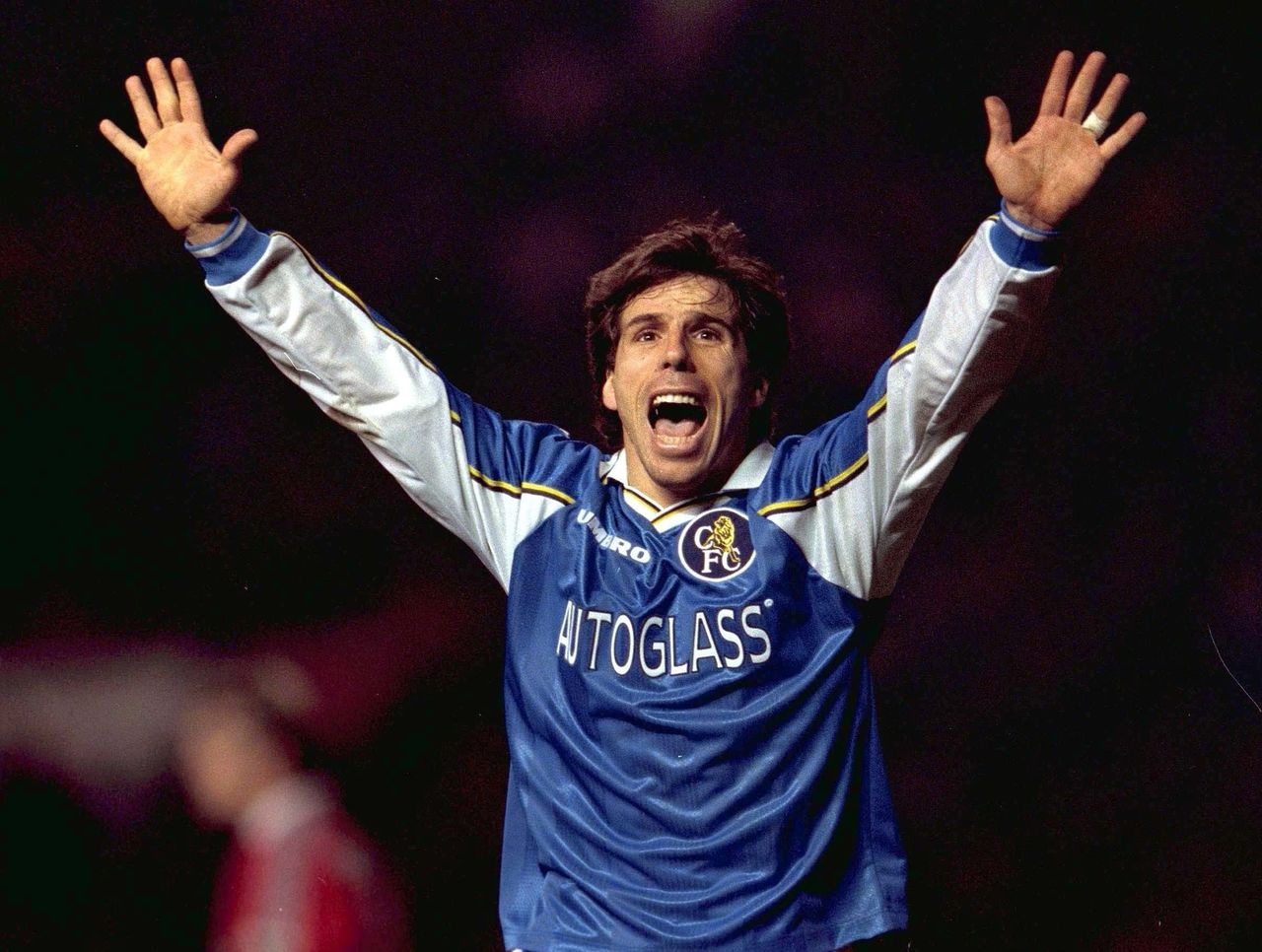
Even before Roman Abramovich pumped money into Chelsea, continental powers arrived in west London. While Ruud Gullit and Gianluca Vialli made their marks, it was Gianfranco Zola who had the greatest impact. Zola's economy of movement, his gorgeous goals, and his slippery play made Chelsea spectacular viewing, and ultimately provided the platform for the Blues to challenge domestically.
Even with his skill set, Zola's most notable accomplishment came off the pitch. Coming from Serie A - where tactics reigned supreme and discipline ranked a close second - he showed the British contingent in Chelsea's locker room how to prepare for matches. He told them to take football more seriously.
"I had grown up with the mentality that you train all week, play the game, and then go out drinking and then go again next week, but when the likes of Franco came, it was all about eating the right food after training and that helped me as a player back then," defender John Terry, who would captain Chelsea for several years, said in June.
9. Eric Cantona
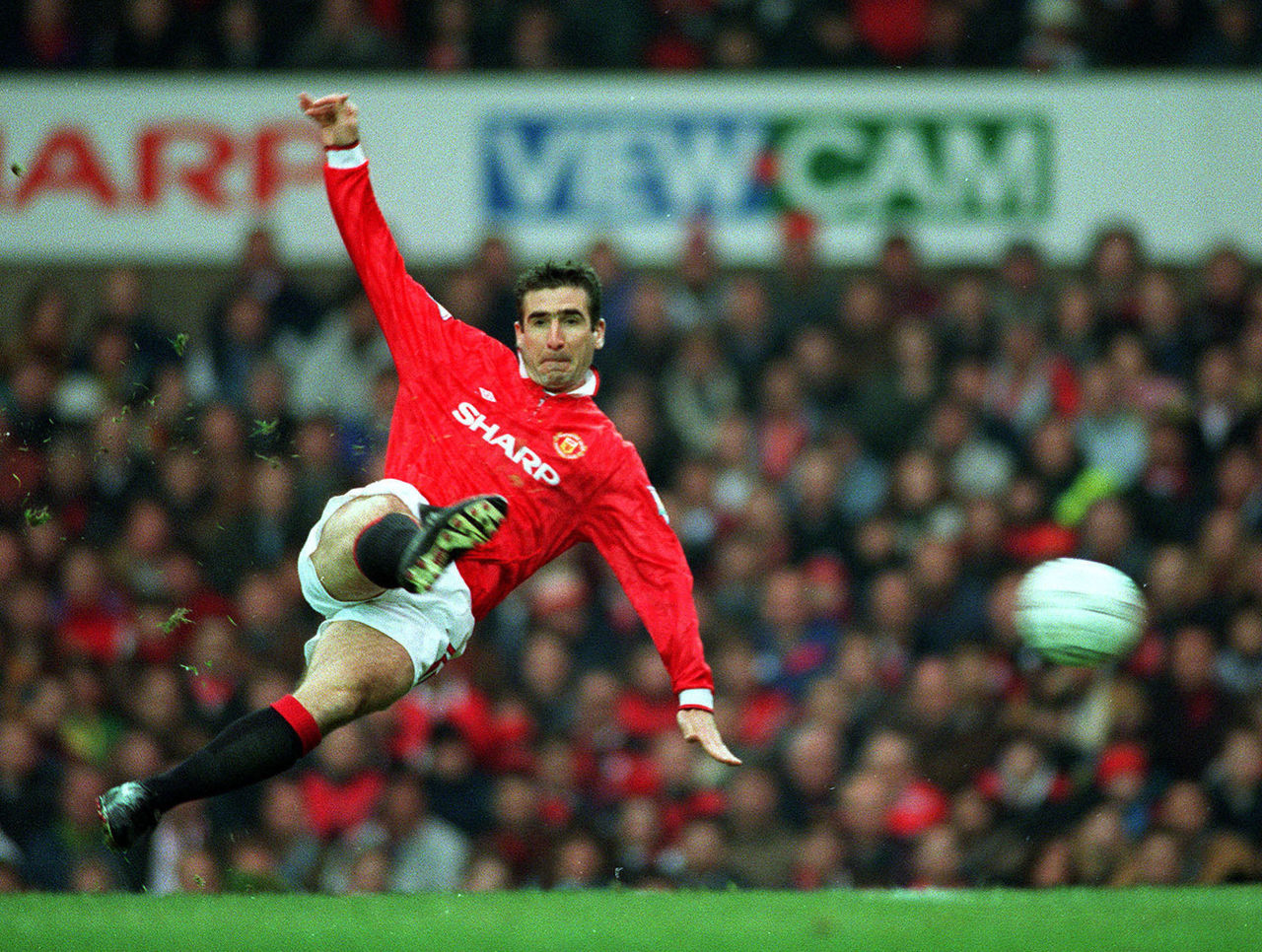
Manchester United's reign over the Premier League began in earnest when Eric Cantona strode into Old Trafford. After completing a shocking transfer from rival Leeds United, he found United in eighth place, while the Red Devils hadn't won the league since 1967. But with the fiery Frenchman, they had the swagger and the goals to shake up the order. Cantona's key tallies in several 1-0 victories helped United to a double-winning campaign in 1996.
"He swaggered in, stuck his chest out, raised his head, and surveyed everything as though he were asking: 'I'm Cantona. How big are you? Are you big enough for me?'" Sir Alex Ferguson once recalled.
Winning became the expectation, as United embarked on an unprecedented period of dominance over the next decade and a half. Cantona affected that change in mentality.
8. Vichai Srivaddhanaprabha
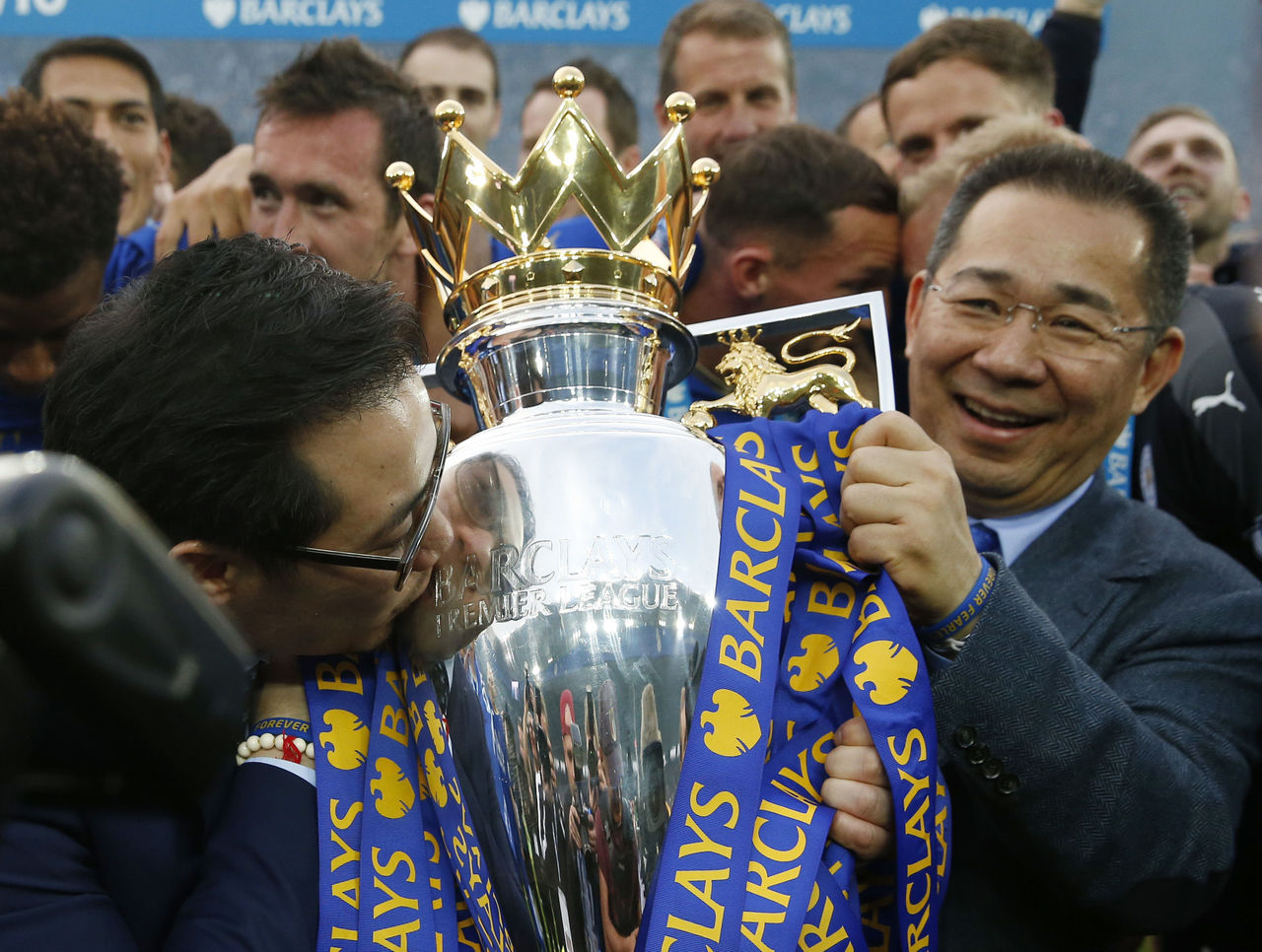
Without Thai billionaire and duty-free tycoon Vichai Srivaddhanaprabha, the Premier League would have never celebrated one of the most unlikely triumphs in sports history. Srivaddhanaprabha bought Leicester City in 2010 for £39 million, purchased the stadium, and wiped out £103 million in debt, giving the Foxes the financial support they needed to challenge for a place in the Premier League.
Srivaddhanaprabha spent money on players as well, but not nearly what the likes of Manchester City and United drop every year. What he did was rebuild a club that, nearly a decade before his arrival, had fallen into administration.
When Leicester's players hoisted the 2015-16 Premier League trophy, Srivaddhanaprabha became the first owner of Asian descent to win the title.
7. Dennis Bergkamp
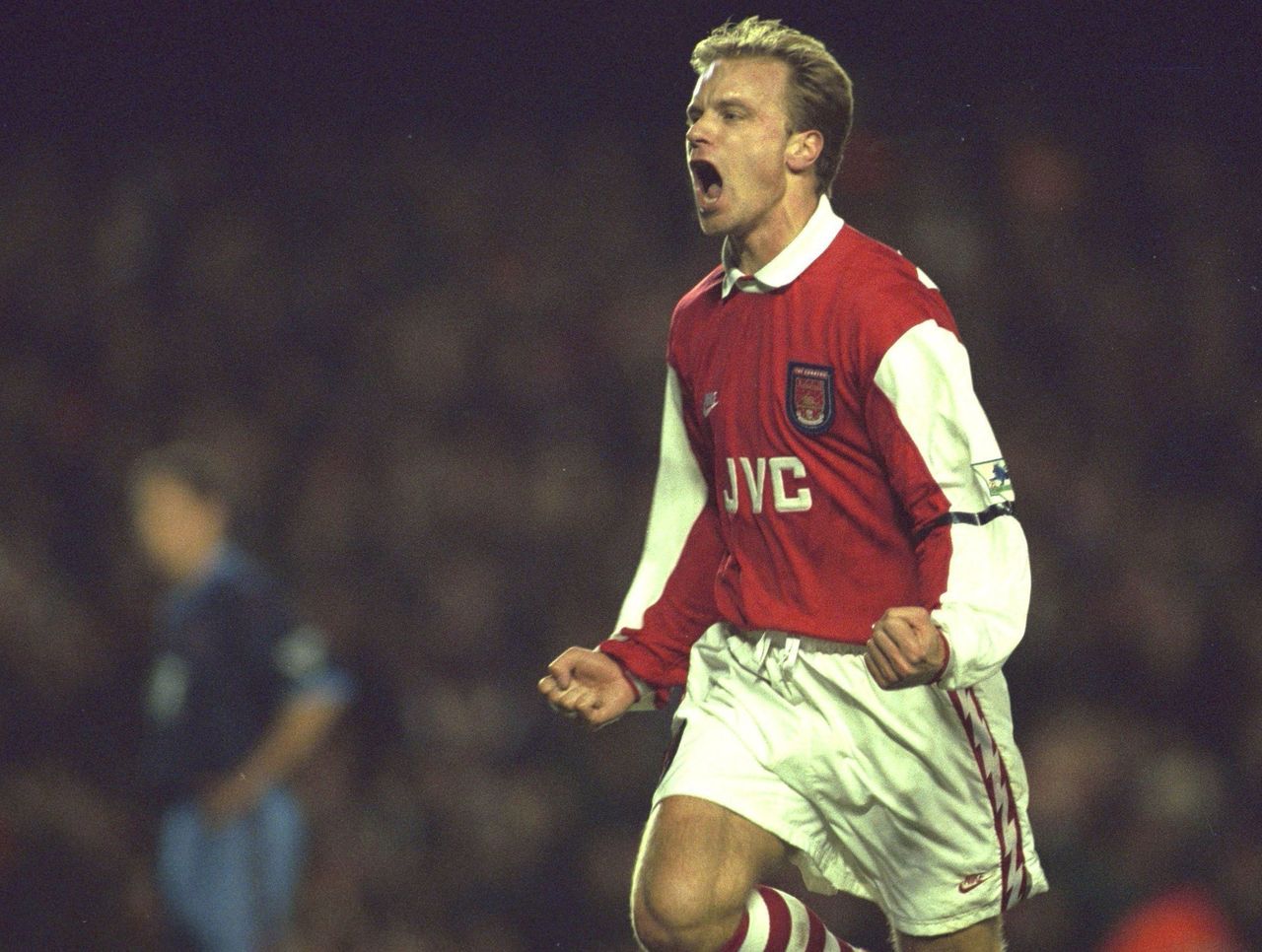
The Dutch revolution had already happened in Italy, but not until Dennis Bergkamp arrived did it take off in England. Bergkamp joined Arsenal in 1995 - a year before Arsene Wenger - when heavy drinking was still a big part of the club's culture. Although his effortlessness as a No. 10 quickly grabbed the headlines, it was Bergkamp's professionalism that helped turn Arsenal into an attractive destination for foreign talent.
"I believe that Bergkamp triggered the trend of continental stars such as Emmanuel Petit, Marc Overmars, Thierry Henry, and Nwankwo Kanu joining Arsenal," former Gunners gaffer Bruce Rioch told Sky Sports.
Bergkamp also paved the way for the likes of Ruud van Nistelrooy, Edwin van der Sar, Arjen Robben, and Robin van Persie to thrive in the Premier League.
6. Rafa Benitez
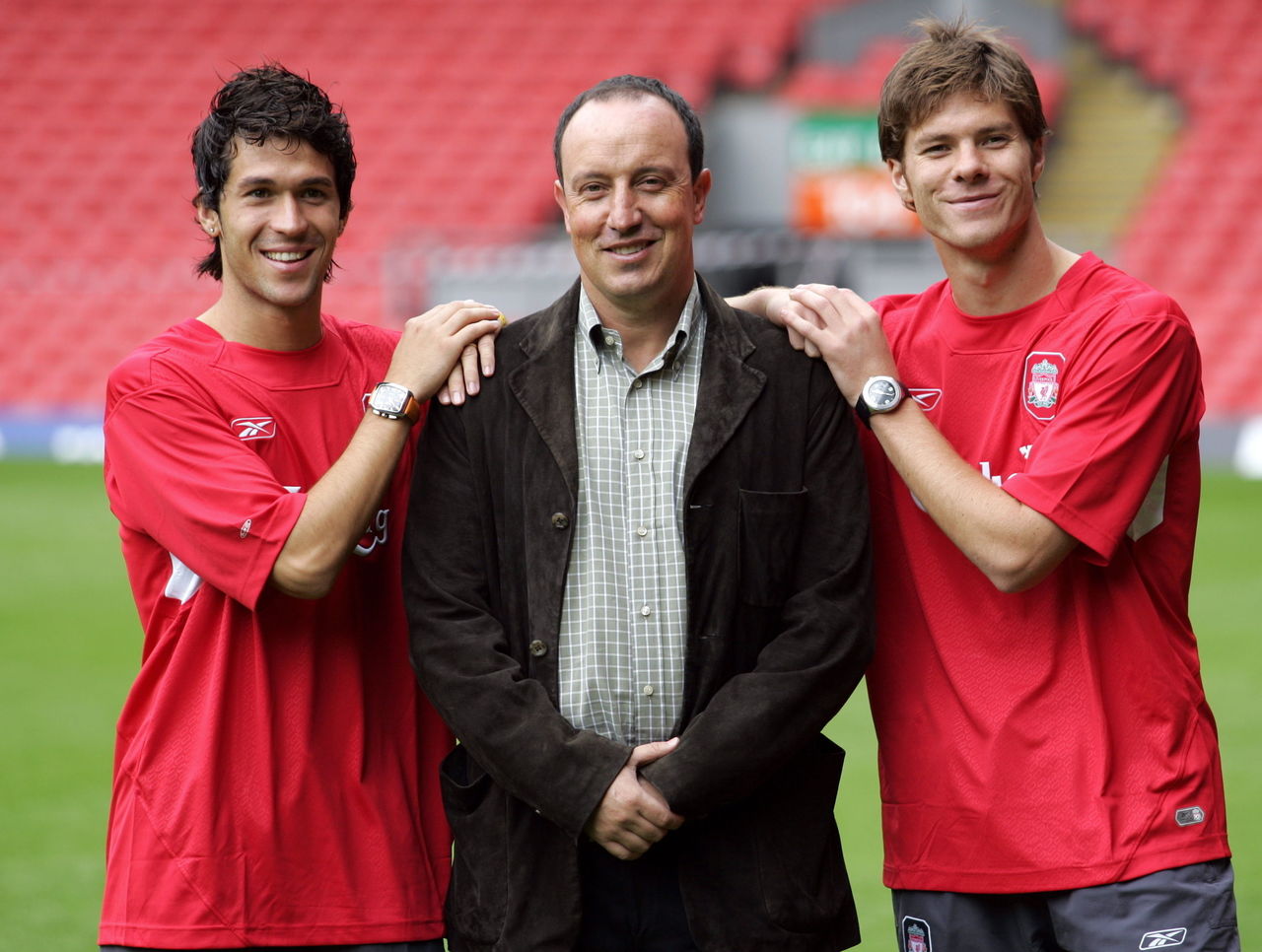
When Liverpool appointed Rafa Benitez, the old boot-room days at Anfield had never been further away. For decades, a special room in the annals of Liverpool's ground served as an incubator for future managers and ensured they would come from within. From Bill Shankly to Kenny Dalglish, that was how it was.
With his hiring, Benitez set the stage for more foreign talent to join the traditionally local and loyal Merseyside outfit. In other words, he helped bring Liverpool into the modern game.
From a tactical point of view, Benitez also altered spectators' perceptions. The Spaniard made sure his players considered their opponents' strengths and weaknesses and maintained a balance between defence and attack. Route 1 tactics no longer sufficed.
5. Thierry Henry
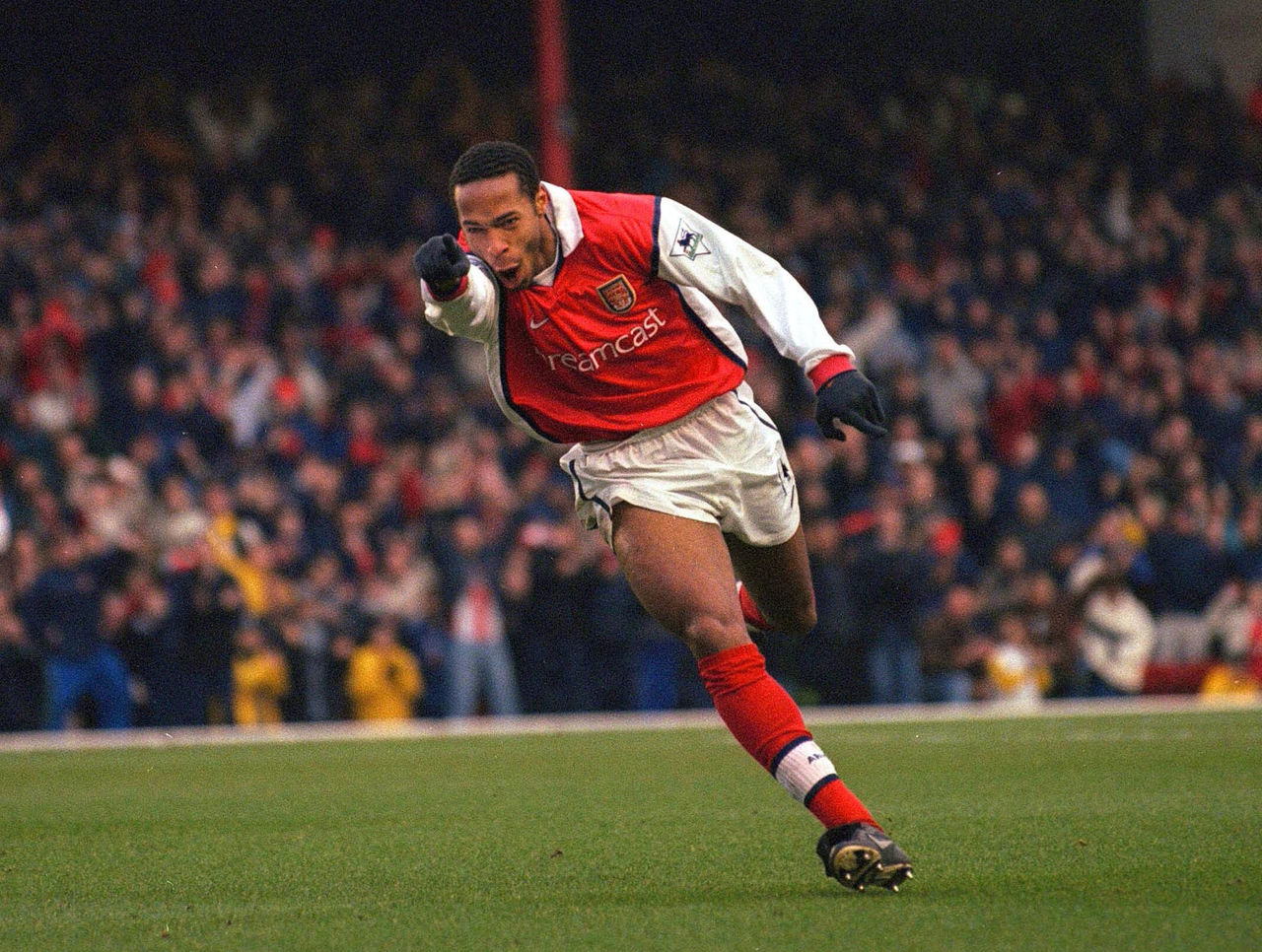
In the space of eight years at Arsenal, Thierry Henry became not only the club's all-time leading goal-scorer, but also the standard-bearer for future strikers in the English top flight. He showed that a No. 9 doesn't always have to play like one, collecting the ball from deeper positions and proceeding to make daring runs.
Henry's technical and physical supremacy created an expectation and demand for Premier League strikers who could thrive both inside and outside the penalty box.
4. Jose Mourinho
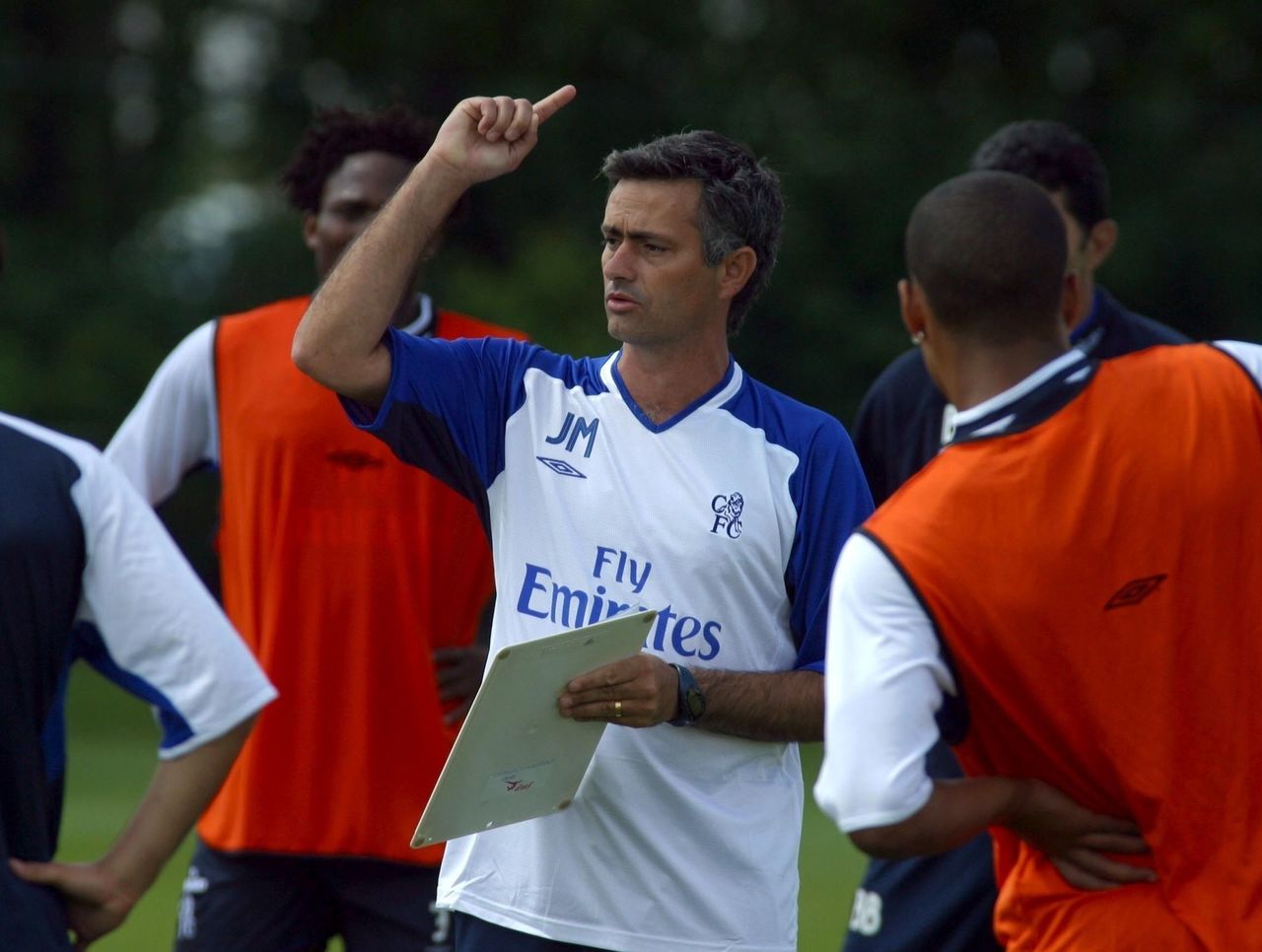
As the Premier League entered a more attacking existence, during which goals boosted the division's popularity, Jose Mourinho focused on disciplined and cynical football - and he won. By achieving results, Mourinho proved his rigid tactics had a place in the game. He deployed an extra player in midfield and sacrificed a second forward to use a 4-3-3 formation. He would later favour a 4-2-3-1 schematic, but the change to a single-striker system forced the league to play a stronger game in the middle of the park.
Mourinho also gave rise to the concept of a super manager, whose press conferences became as much of a topic as the matches themselves. The Premier League now features as many plot lines as it does partly due to Mourinho's combative style.
3. Roman Abramovich
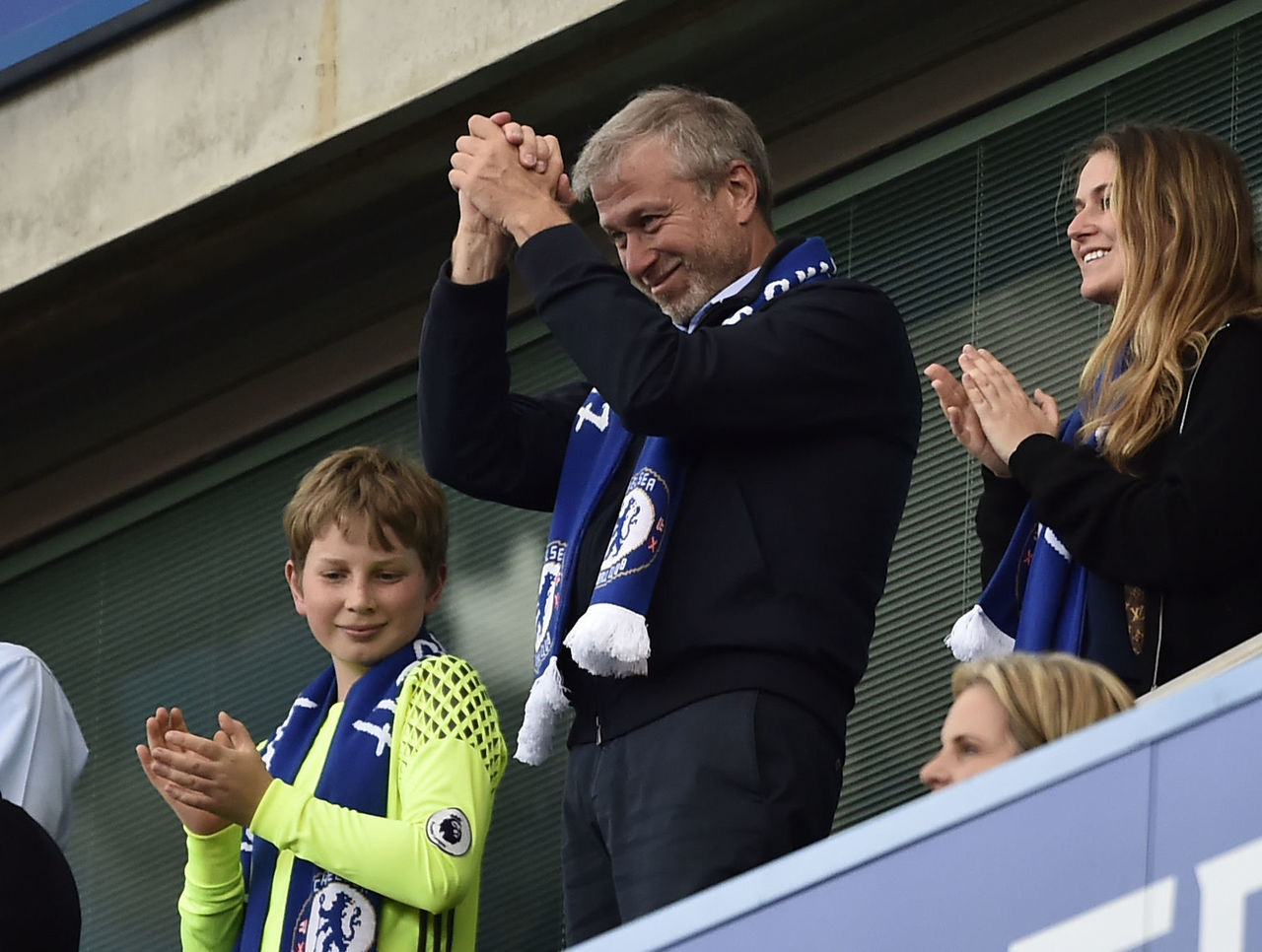
Before the Premier League's heydays, local businessmen were the sole proprietors of English clubs. The concept of foreign ownership was far-fetched.
Abramovich changed all that. In just a few short years, he turned Chelsea into a global powerhouse and demonstrated the impact a billionaire investor can have on the game, leading the way for businessmen with state assets to take a punt on football. Because of Abramovich, and the foreign entrepreneurs who followed him, the Premier League now has significant global reach.
2. Sheikh Mansour
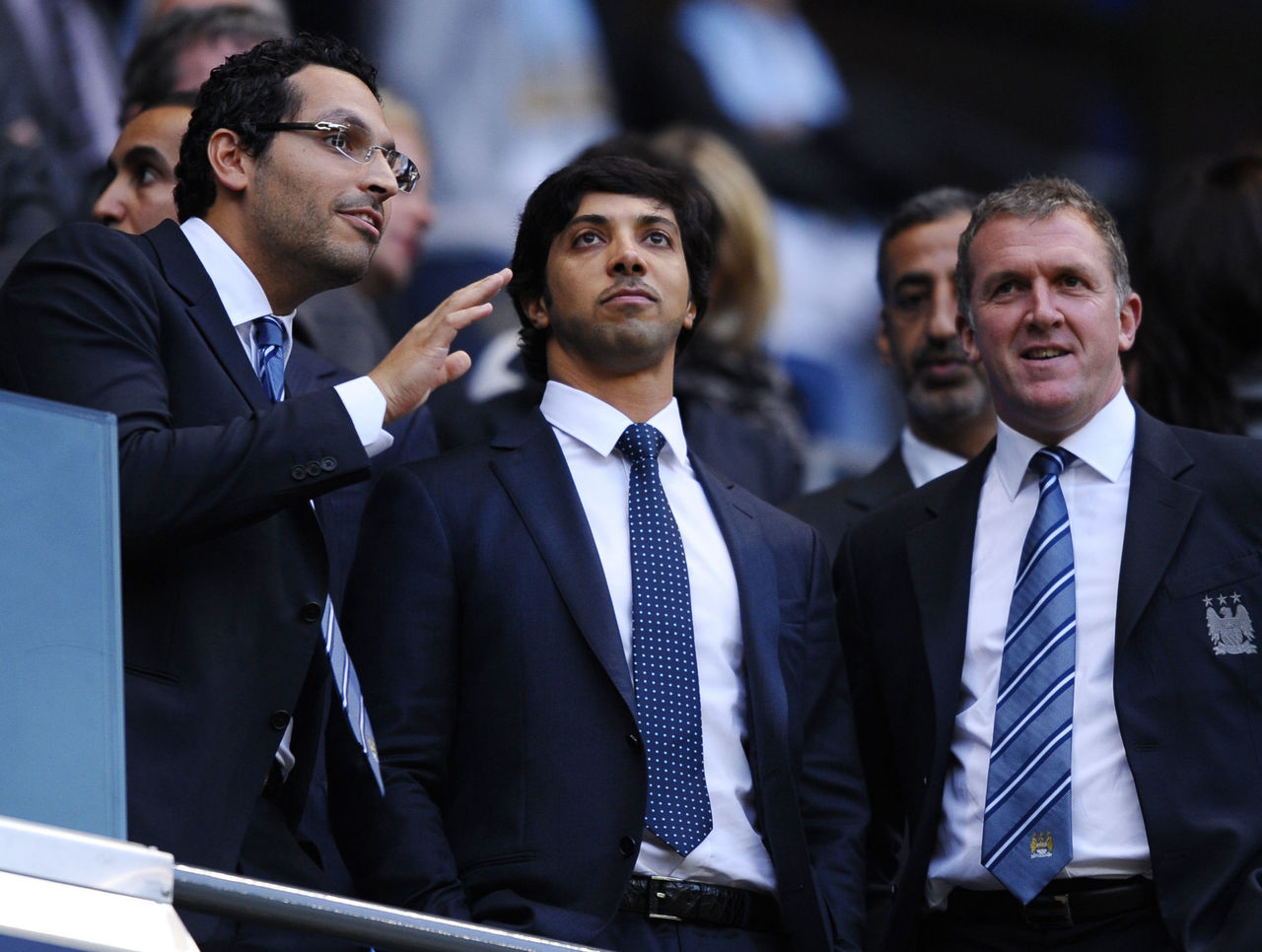
The transformation of Manchester City, known for many years as the people's club, challenged the existing order. After wandering through the lower tiers of English football for decades, City had - in just a few years - climbed to the top.
"Manchester thanks you, Sheikh Mansour," read a banner in 2012. Even though Sheikh Mansour bin Zayed Al Nahyan, a member of the ruling family of Abu Dhabi, is an absentee owner, he's changed lives and whole areas. By pumping more than £1 billion into the club, he's elevated its status to that of a perennial title challenger, and by pouring £200 million into a sterling new training facility, he's ensured there's a local gateway to the first team.
Sheikh Mansour's long-term goal is to field a squad of academy graduates. Stockport native Phil Foden's impressive performances in City's pre-season tour of the United States has already boosted hopes that the days of homegrown talent may come sooner rather than later.
1. Arsene Wenger
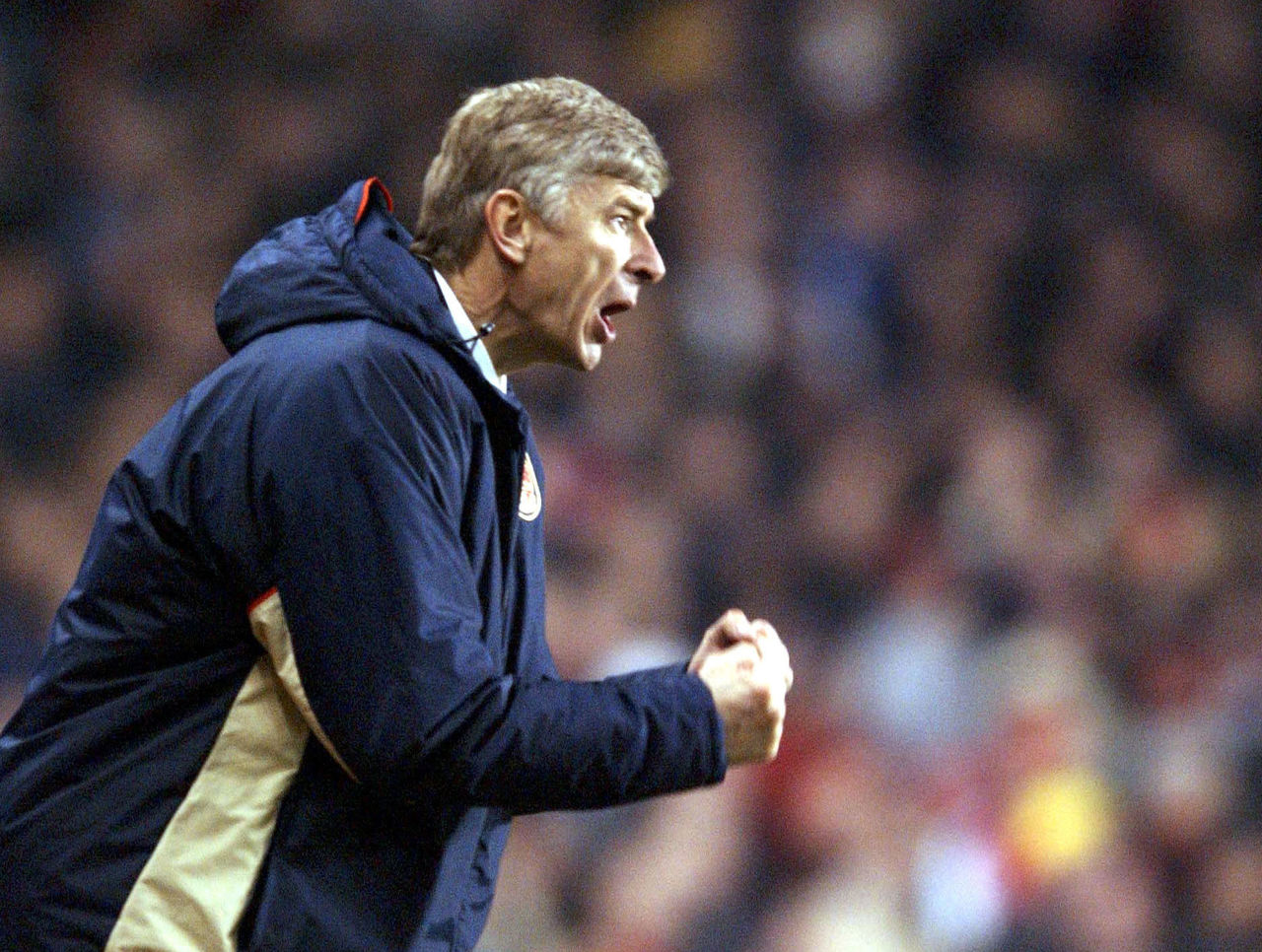
When Wenger arrived in north London, what he saw was a traditional football club whose footballers drank what they wanted, ate what they wanted, and did what they wanted. The Frenchman banned alcohol and chocolate and replaced heavy meats and eggs on the menu with fish and chicken.
His brief time in Japan with Nagoya Grampus informed him of the importance of diet.
"I lived for two years in Japan and it was the best diet I ever had," Wenger recalled years ago. "Their diet is basically boiled vegetables, fish, and rice. No fat, no sugar. You notice when you live there that there are no fat people. I think in England you eat too much sugar and meat and not enough vegetables."
More importantly for the current fabric of the Premier League, Wenger inspired a foreign movement. He put together the first all-international Premier League side in 2005, and encouraged more foreign managers to take jobs in England.